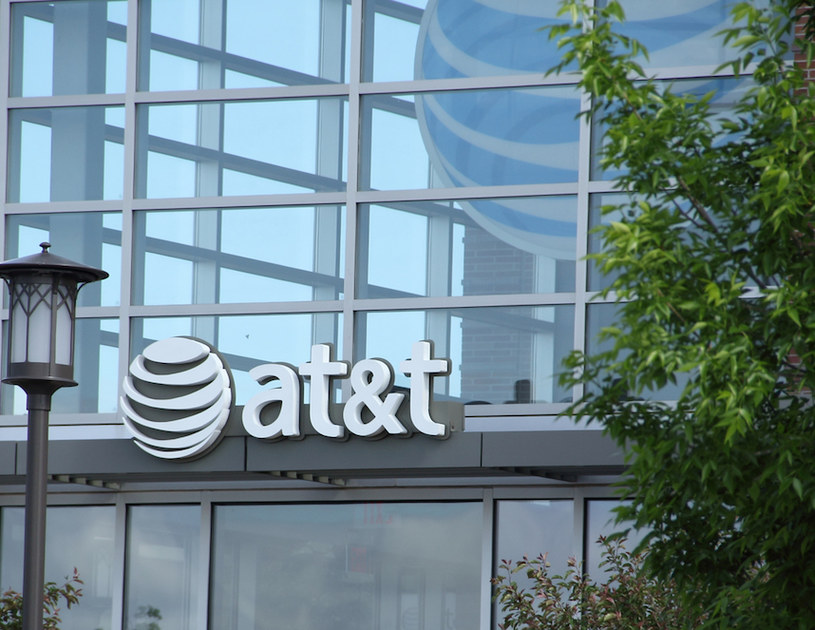Recent Meal and Rest Break Decisions could result in California Overtime Lawsuits, says Attorney

In April 2012 the California Supreme Court clarified the law with respect to meal breaks and rest breaks. “We had an explosion of meal and rest claims in California in recent years,” says Leonard Emma, California labor law attorney. “Right now employers are touting Brinker as a victory but the Court’s holding isn’t as remarkable or sweeping as the defense bar is making it out to be.”
Emma says that in the legal world there are certain highly-anticipated decisions that lawyers will attempt to spin into game-changers, and that is what is happening with the Brinker case. “The key issue the Brinker Court decided is the extent of employers’ obligations with respect to providing meal and rest periods to employees,” says Emma. “Must employers simply permit employees to take breaks? Or must employers police the workforce and pro-actively ensure that employees are relieved of all work duties during designated break periods? Brinker is important because the penalty for each meal or rest period violation is one hour of pay at the employee’s regular hourly rate. When dealing with a large class of hundreds or thousands of employees, the stakes are high.”
In Brinker, the defense (employer) prevailed in its argument that employers need only to make breaks available and that employers are not be required to police the workforce to pro-actively ensure all employees stop all work during designated breaks. “While this clarifies the law, it is a common-sense decision and should not come as a great surprise,” explains Emma. “Employers still may not require that employees work through breaks without paying a premium for the violation, which is one-hour of pay at the regularly hourly rate. Similarly, employers may not impede or discourage employees from taking meal or rest breaks.”
“Workers will still be pressured to work through breaks by unscrupulous employers after Brinker,” predicts Emma, “and meal and rest period claims remain viable after Brinker.” Emma notes that there are other ways to vindicate employees’ rights in the meal and rest break context. For example, off-the-clock and overtime violations resulting from work performed during meal periods are unaffected by this decision. “The Brinker Court held that work performed by an employee while off-the-clock during his or her meal period must be paid if the employer knows or should know the employee is working,” says Emma. “To the extent this off-the-clock work results in overtime, overtime wages are owed. Keep in mind that this is the law in California only and these rules apply to non-exempt employees.”
Also in April, the California Supreme Court issued a second and separate meal and rest break decision in Kirby v. Immoos Fire Protection Inc. In the Kirby case, the employer prevailed at trial and judgment was entered against the plaintiff to pay the employer’s attorneys fee but the California Supreme Court overturned that decision. “Kirby held that attorneys’ fees are not recoverable by either prevailing employees or prevailing employers in meal or rest period violation claims,” says Emma.
So how does this all play out for the average California worker? Emma says that California employment attorneys will probably file fewer lawsuits alleging meal and rest period claims exclusively. “First, the employer doesn’t have to proactively ensure breaks are taken so employees cannot hope to prevail on that theory,” he adds. “Second, there is less incentive for attorneys to take these cases on an individual basis.”
But it isn’t all doom and gloom for wage and hour attorneys. “There are often separate grounds for recovery of attorneys’ fees in wage and hour cases,” says Emma. “For example, meal and rest period violations are often brought in tandem with claims for unpaid overtime. Attorneys’ fees are available to prevailing employees in overtime cases. Furthermore, in the class action context, attorneys’ fees are recoverable under the common fund, substantial benefit, and/or private attorney general theories.”
For this reason, plaintiffs’ attorneys should not be deterred from filing wage and hour class actions that include strong meal and rest period claims. “I would expect to see fewer questionable meal and rest cases filed, which is a good thing,” quips Emma. “Otherwise it’s business as usual.”











1 Comment
yoichi takahashi
June 18, 2012